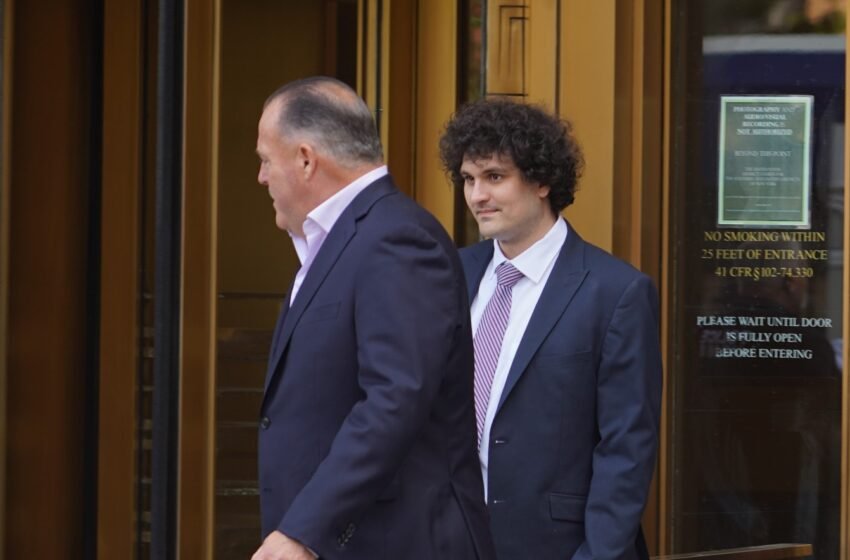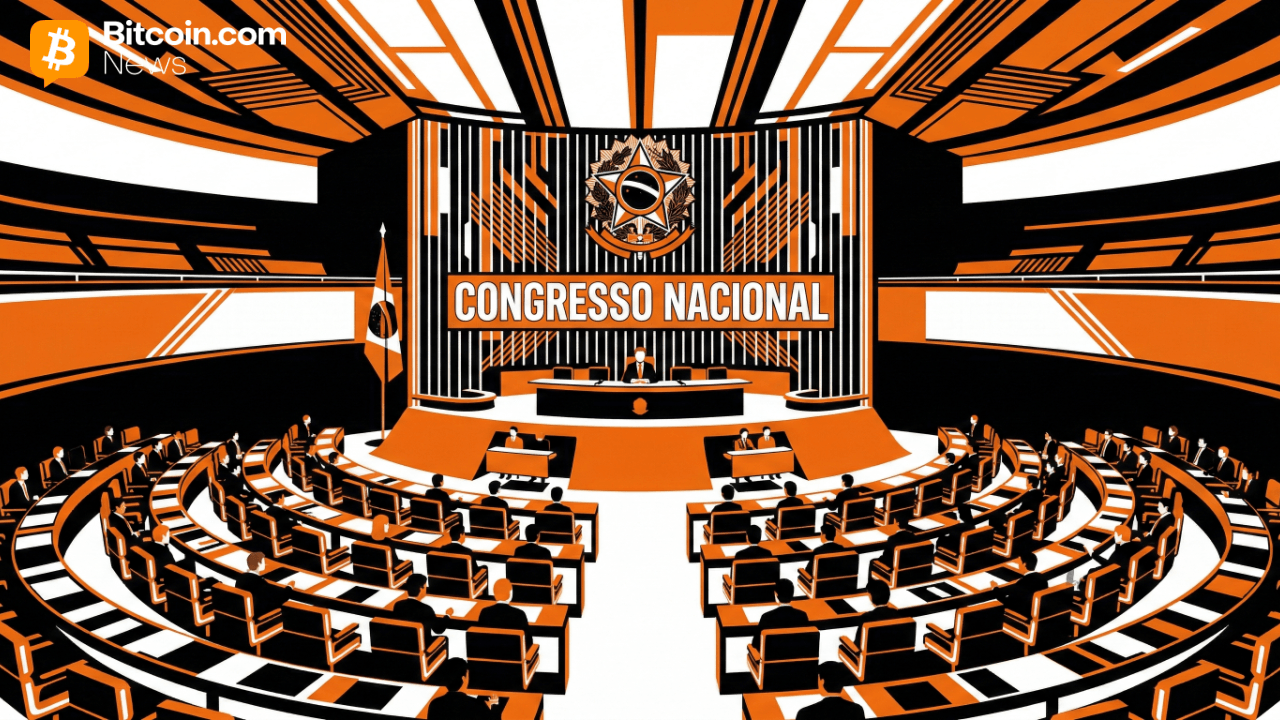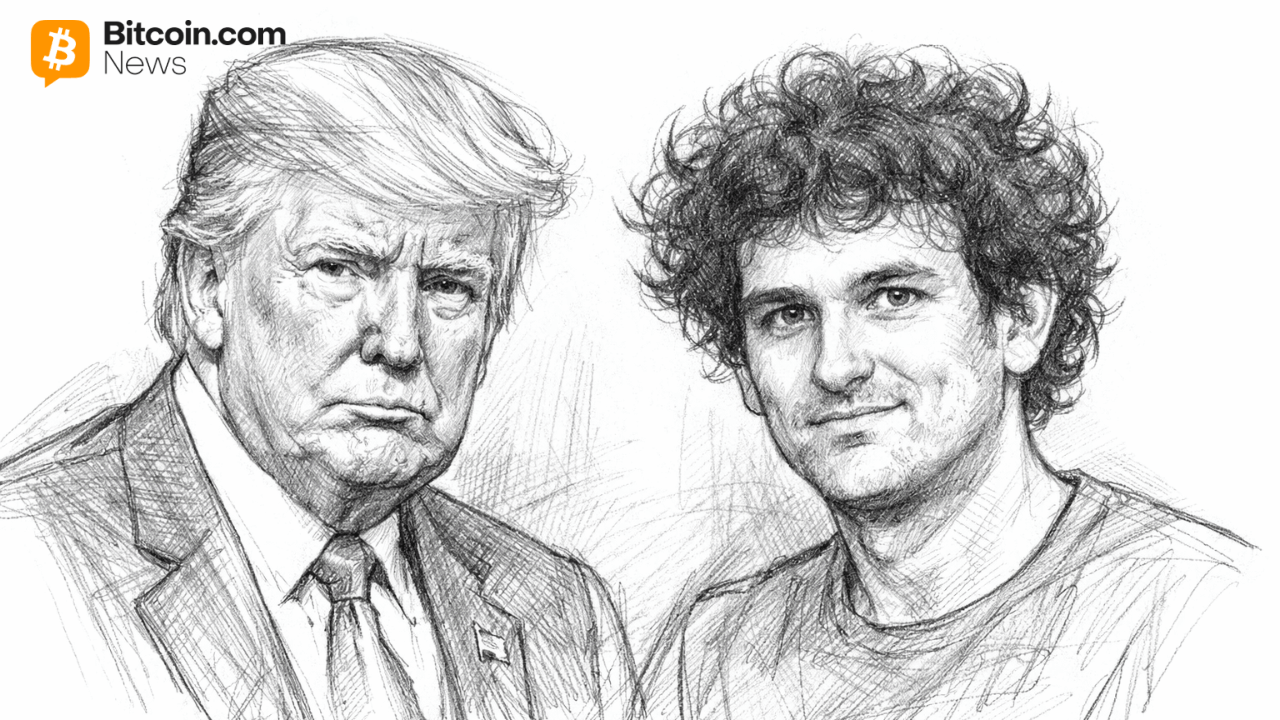Bill Criminalizing Crypto-Powered Foreign Currency Tax Evasion Surges in Brazil
Key Witnesses Barred in Upcoming Trial of Former FTX CEO Sam Bankman-Fried
(Originally posted on : Crypto News – iGaming.org )
In an unexpected turn of events, District Judge Lewis Kaplan decided not to allow many key witnesses, including a well-known British lawyer and a professor from the University of Michigan, to testify in the upcoming trial of former FTX CEO Sam Bankman-Fried. The trial’s consequences for the Bitcoin business have drawn a lot of interest; it is scheduled to begin on October 3.
Testimony Denied
Lawrence Akka, a well-known British lawyer, was one of the key witnesses scheduled to give testimony. His testimony was anticipated to clarify the nuances of FTX’s terms of service and associated legal responsibilities. But according to Judge Kaplan’s decision, Akka’s testimony was inadmissible. The judge explained his choice, saying:
New players only. Exclusive 111% Welcome Bonus + 111 Free Spins
“The opinion of an English barrister as to the meaning or legal effect of contractual language, even language in a contract governed by English law, simply is not a proper subject of a jury’s attention.”
Concerns voiced by prosecutors in late August, who attempted to prohibit seven witnesses from testifying, led to this decision. Their main complaint was that these people didn’t adhere to the strict requirements for expert evidence.
This list also included Joseph Pimbley of Maxwell Consulting, Thomas Bishop, president of Tom Bishop & Associates LLC, Brian Kim, director at a consulting firm, Peter Vinella, professor at Capital University Law School, and Andrew Di Wu, assistant professor at the University of Michigan.
New players only. Exclusive Welcome Bonus of 350% + 150 Free Spins
Exceptions and Rationale
While the court disallowed some witnesses from testifying, it left possibility for their eventual admission in certain situations. Notably, Bankman-Fried’s legal counsel overruled the government expert Peter Easton’s concerns to allow his evidence about consumer fiat deposits.
Judge Kaplan gave an explanation of why some testimony was excluded. He expressed worries about potential jury confusion and found Prof. Smith’s proposed testimony to be vague and mainly irrelevant to the key issues of the case. Pimbley’s evidence is still being held in reserve, with the prospect that she might be asked to refute a claim made by a government witness.
Vinella’s intended description of FTX’s distinctive combination of traditional and decentralized financial services was another notable omission. Judge Kaplan made it clear that the trial’s emphasis should be on resolving the accusations against Bankman-Fried rather than on assessing FTX’s creative strategy.
Sam Bankman-Fried, who is being held in jail, is accused of many frauds. He and other FTX executives are accused of stealing billions in client money for unsuccessful personal investments. In the upcoming weeks, the trial is likely to be a major topic of discussion in both legal and financial circles.







 Bitcoin
Bitcoin  Ethereum
Ethereum  Tether
Tether  XRP
XRP  USDC
USDC  Solana
Solana  TRON
TRON  Figure Heloc
Figure Heloc  Lido Staked Ether
Lido Staked Ether  Dogecoin
Dogecoin  WhiteBIT Coin
WhiteBIT Coin  Cardano
Cardano  USDS
USDS  Bitcoin Cash
Bitcoin Cash  LEO Token
LEO Token  Wrapped stETH
Wrapped stETH  Hyperliquid
Hyperliquid  Canton
Canton  Wrapped Bitcoin
Wrapped Bitcoin  Monero
Monero  Binance Bridged USDT (BNB Smart Chain)
Binance Bridged USDT (BNB Smart Chain)  Chainlink
Chainlink  Ethena USDe
Ethena USDe  Stellar
Stellar  USD1
USD1  Wrapped eETH
Wrapped eETH  Rain
Rain  Hedera
Hedera  sUSDS
sUSDS  PayPal USD
PayPal USD  Litecoin
Litecoin  Dai
Dai  Coinbase Wrapped BTC
Coinbase Wrapped BTC  Avalanche
Avalanche  Zcash
Zcash  Sui
Sui  WETH
WETH  Shiba Inu
Shiba Inu  Toncoin
Toncoin  Cronos
Cronos  USDT0
USDT0  World Liberty Financial
World Liberty Financial  Tether Gold
Tether Gold  Polkadot
Polkadot  PAX Gold
PAX Gold  MemeCore
MemeCore  Uniswap
Uniswap  Mantle
Mantle  Ethena Staked USDe
Ethena Staked USDe  BlackRock USD Institutional Digital Liquidity Fund
BlackRock USD Institutional Digital Liquidity Fund  Circle USYC
Circle USYC  Global Dollar
Global Dollar  Falcon USD
Falcon USD  Aster
Aster  Aave
Aave  Bittensor
Bittensor  Pi Network
Pi Network  OKB
OKB  Pepe
Pepe  Sky
Sky  syrupUSDC
syrupUSDC  Bitget Token
Bitget Token  Ripple USD
Ripple USD  HTX DAO
HTX DAO  NEAR Protocol
NEAR Protocol  Internet Computer
Internet Computer  Ethereum Classic
Ethereum Classic  BFUSD
BFUSD  Ondo
Ondo  Superstate Short Duration U.S. Government Securities Fund (USTB)
Superstate Short Duration U.S. Government Securities Fund (USTB)  POL (ex-MATIC)
POL (ex-MATIC)  Gate
Gate  Worldcoin
Worldcoin  KuCoin
KuCoin  Pump.fun
Pump.fun  Jupiter Perpetuals Liquidity Provider Token
Jupiter Perpetuals Liquidity Provider Token  Midnight
Midnight  Quant
Quant  Cosmos Hub
Cosmos Hub  NEXO
NEXO  Jito Staked SOL
Jito Staked SOL  Ethena
Ethena  USDtb
USDtb  Spiko EU T-Bills Money Market Fund
Spiko EU T-Bills Money Market Fund  Binance-Peg WETH
Binance-Peg WETH  Official Trump
Official Trump  Rocket Pool ETH
Rocket Pool ETH  Algorand
Algorand  Binance Bridged USDC (BNB Smart Chain)
Binance Bridged USDC (BNB Smart Chain)  OUSG
OUSG  USDD
USDD  Wrapped BNB
Wrapped BNB  Filecoin
Filecoin